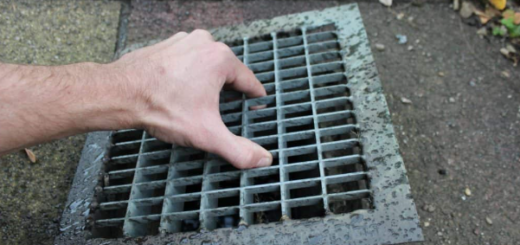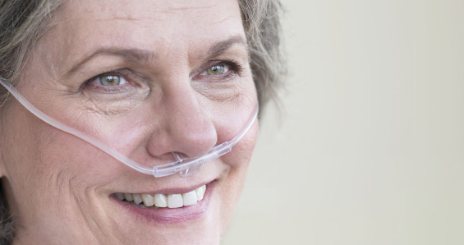How College Students Can Maintain Their Mental Health
Mental health is one of the things that has become a major issue on college campuses in the 21st century. It’s at the heart of the conversation around trigger warnings and safe spaces, and concerns about mental health are manifesting in many ways on campuses across the country. Mental health is and should be a concern for any young person going through a transitional time in life. The young brain in its developmental stages is volatile and unstable.
The fact that the conversation around mental health is growing on college campuses is a good thing, even if it has a long way to go. Being on a college campus only exacerbates the mental health issues that many young people experience naturally. It isn’t just the stress of classes, or the pressure to perform either. It is the social environment and the unhealthy lifestyle of the average college student that puts students in a dangerous position mentally.
According to a study done by Emory University, there are more than 1,000 suicides on college campuses around the country each year. So clearly, while the conversation around mental health is improving, there is still plenty of room to improve. College students from West Virginia University to Case Western Online will benefit from this guide to maintaining your mental health while in college.
Drink Less
Alcohol is a giant part of the social culture on college campuses. It is a great way to socialize, and a lot of fun. Unfortunately, it is a huge contributor to mental health problems. And not just alcoholism. Alcohol inherently damages and changes the brain. Your brain does not have a fair chance at being healthy if it is constantly being poisoned with alcohol, especially if it is still developing.
Sleep More
Every day of your life will be better if you get more sleep. Sleep is the time that the brain resets, grows, and recovers. Staying up all night, whether it be to party or to study for your next test, is a regular feature of every college student’s life. It is killer for the brain. Next time you don’t get quality sleep, take note of how much more anxiety and negativity clouds your brain. A sleep deprived brain makes poor decisions, and poor decisions lead to a lower quality of life, leading you back to getting no sleep.
Eat Healthier
The connection between physical health and mental health is under discussed and undervalued. If the body is not getting its proper nutrients, it will communicate to the brain that it is unhealthy. Eating greasy foods full of unnatural chemicals will put your body and your mind in a constant state of panic.
Get Away
Relieving yourself from the pressures and routines of your college campus is crucial to staying happy and healthy. Going home to see your parents for a weekend can be beneficial to your brain — depending of course on your relationship to your parents. But just getting off campus for a few days at a time in any way is a great idea.













